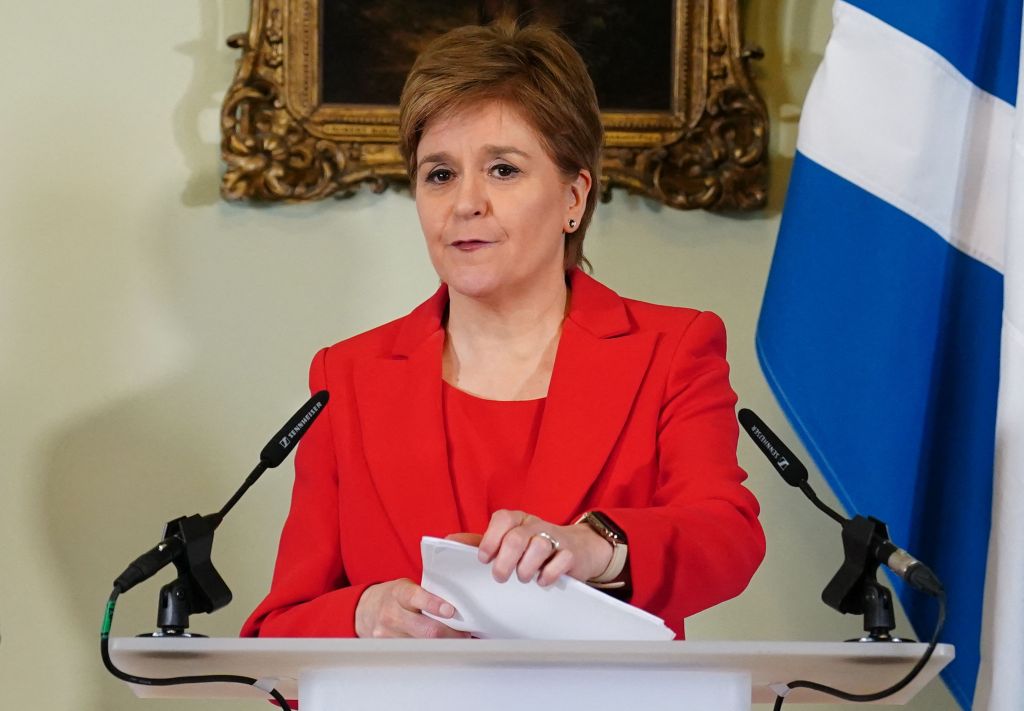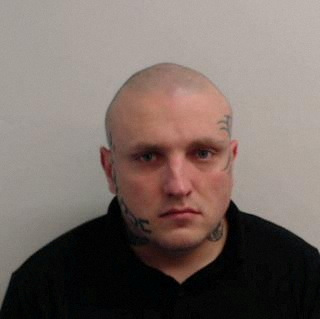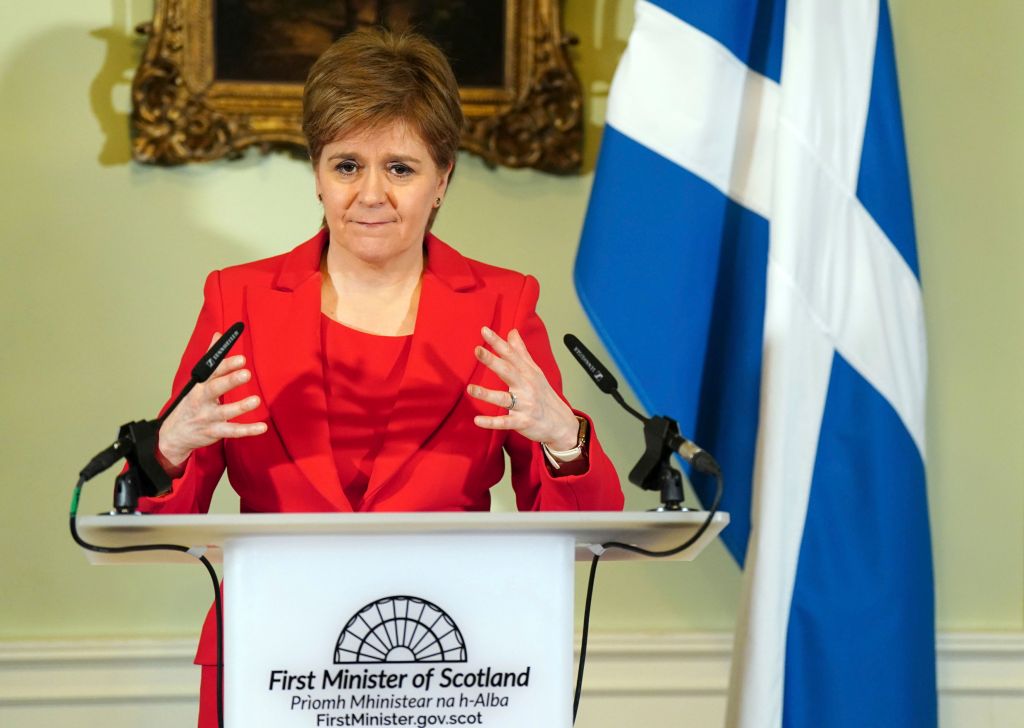Scotland’s Nicola Sturgeon quits amid anger at transgender law
Scottish leader Nicola Sturgeon unexpectedly resigned Wednesday following months of outrage over relaxed transgender laws that allowed a rapist to be sent to a female prison.
Sturgeon, 52, said she was stepping down “proud” of having been “the first female and longest-serving” first minister, calling it the “privilege of my life” to have led the country’s devolved government for eight years.
She noted how many will be “upset” by her shock announcement while quipping that others will “cope just fine.”
“For every person in Scotland who loves me, there is another who, let’s say, might not be quite so enthusiastic,” she noted of her critics.
Sturgeon insisted that outrage over her divisive Gender Recognition Reform — which allow anyone over 16 to change gender designation without medical diagnosis — had not been the “final straw.”

The reform was hailed by transgender campaigners as a landmark move. But anger boiled over last month when it emerged a shaven-headed rapist was sent to a female prison after declaring she was a transgender female.
“I have been, and will always be, a feminist,” Sturgeon said of her critics, including “Harry Potter” author J.K. Rowling who accused her of being a “destroyer of women’s rights” with the laws.

“But I will also stand up for any stigmatized, discriminated against, marginalized and vulnerable group in society,” she said.
Still, she maintained that her “really hard” decision to quit was “not a reaction to short-term pressures” like those transgender reforms.

Instead, she decried the “brutality” of life as a leader, saying it “takes its toll on you.”
The job — which included being deputy first minister for eight years before taking over at the top — had been “a privilege” but also “really hard … relentlessly so,” she said.
“Let’s be clear, I’m not expecting violins here, but I am a human being, as well as a politician,” she said, decrying not being able to go out for lone walks or grab coffee with a friend.
“Giving absolutely everything of yourself to this job is the only way to do it,” Sturgeon said. “But in truth, that can only be done by anyone for so long. For me it is now in danger of becoming too long.”
She stressed that she intended to remain in Parliament fighting for her favored causes.
“Watch this space — there’s plenty more to come,” she said.
Scotland is part of the UK but, like Wales and Northern Ireland, has its own semi-autonomous government with broad powers over areas including health care.
As leader of the Scottish National Party, Sturgeon had sought to gain independence from the UK.
Read the full article Here


